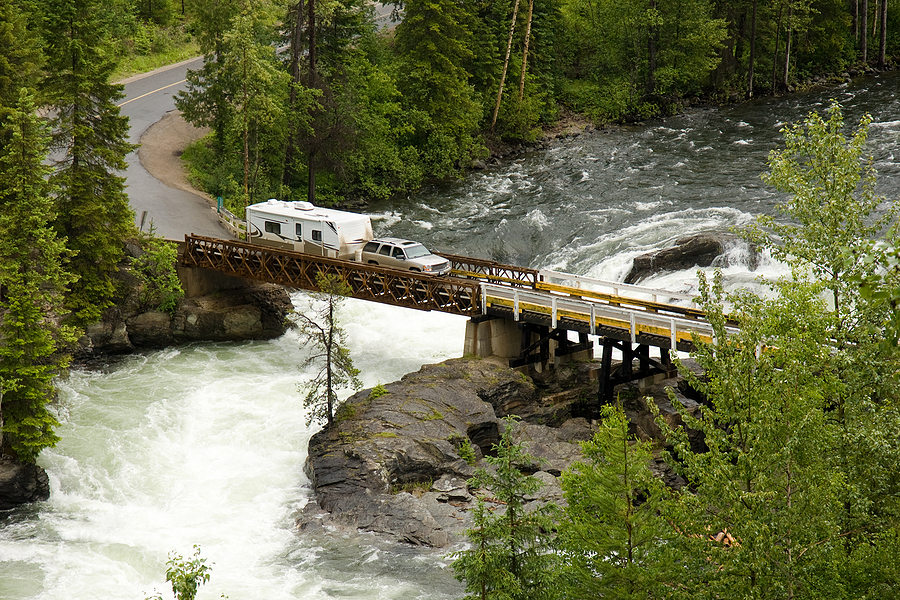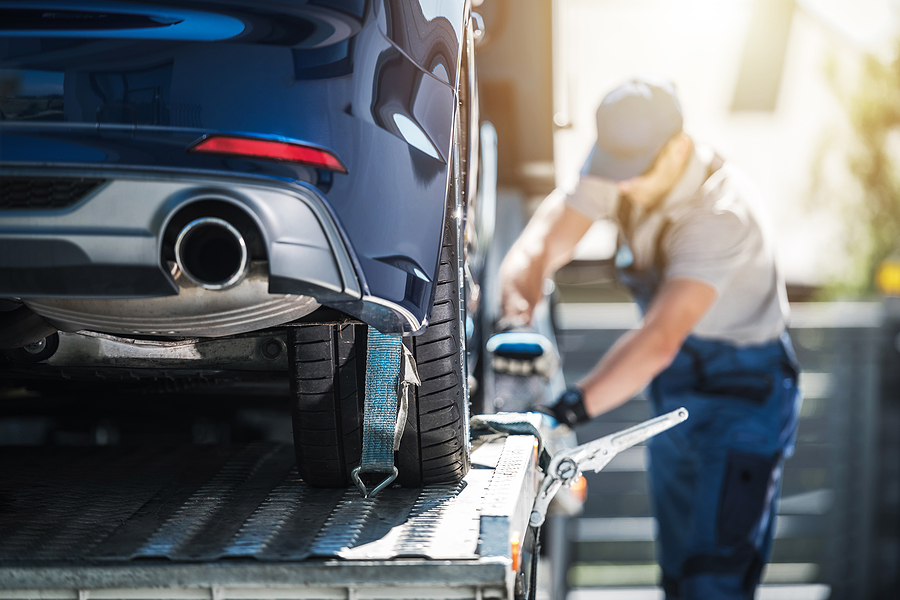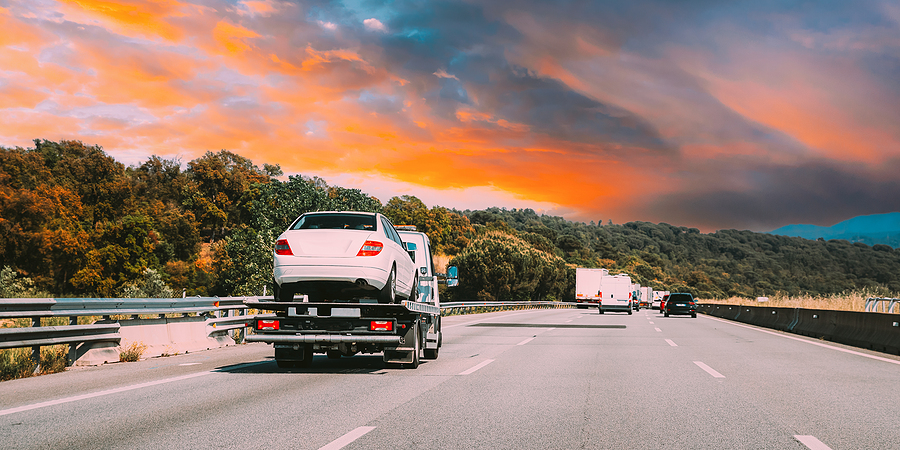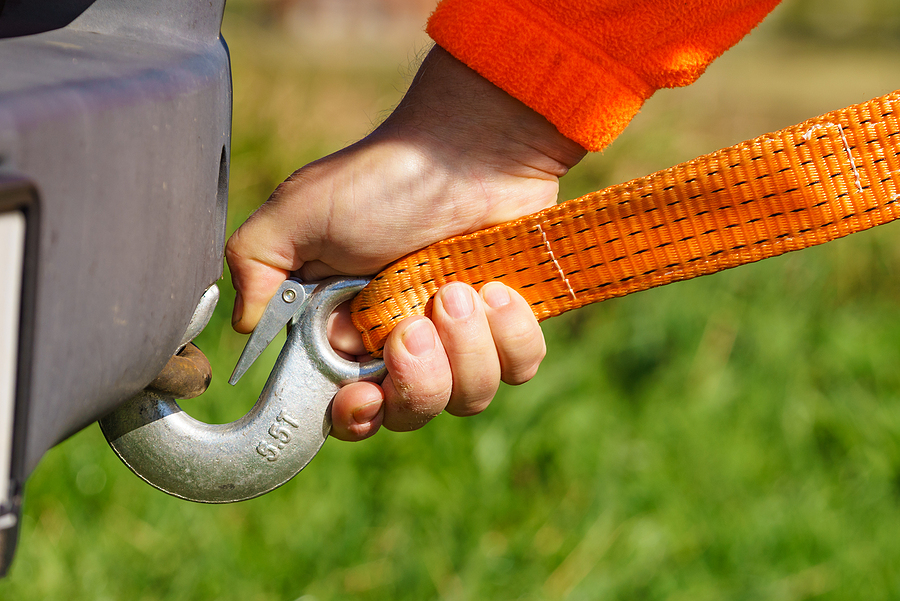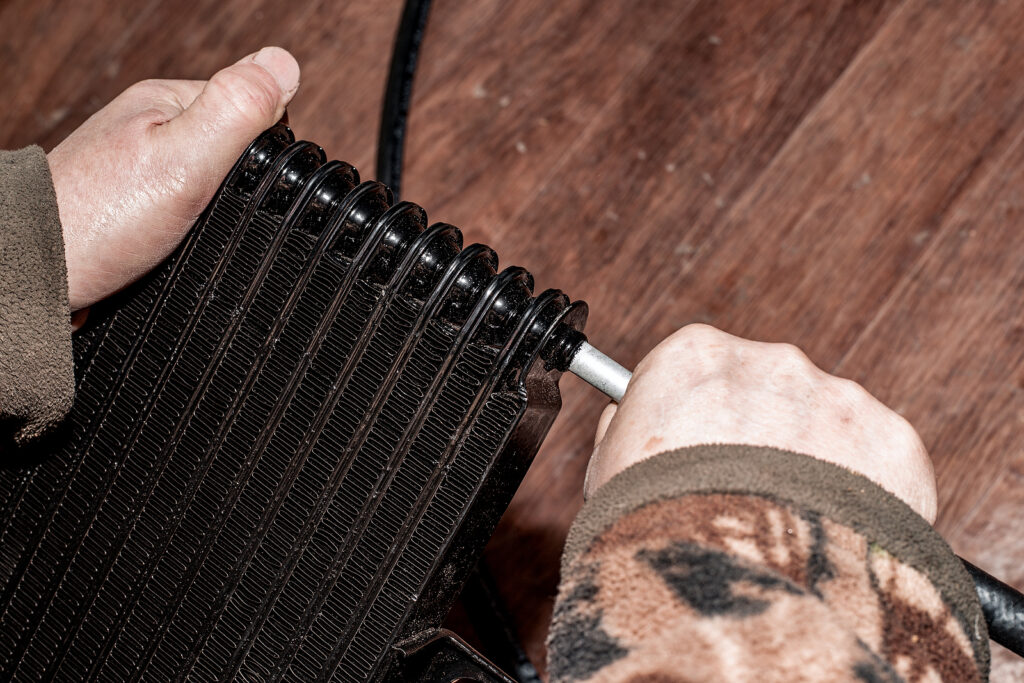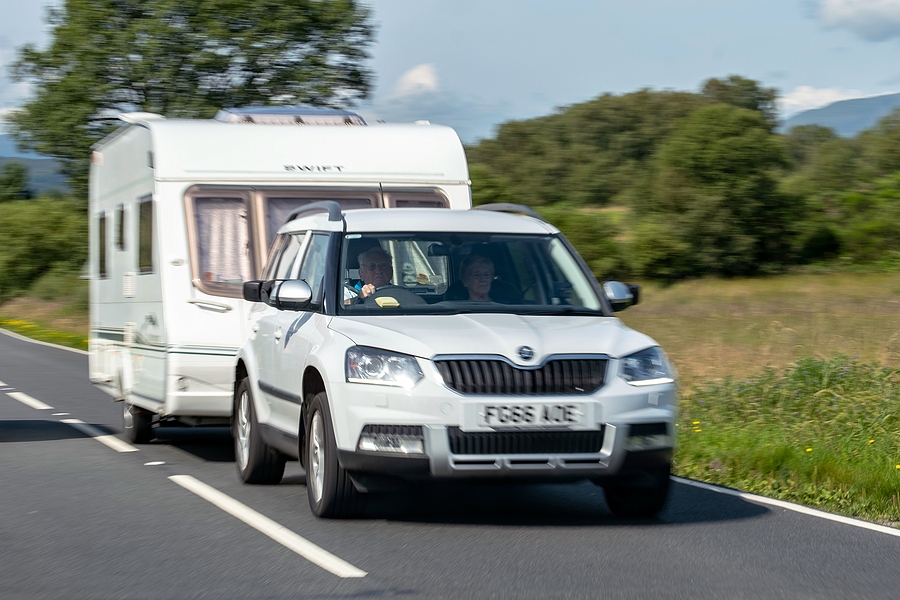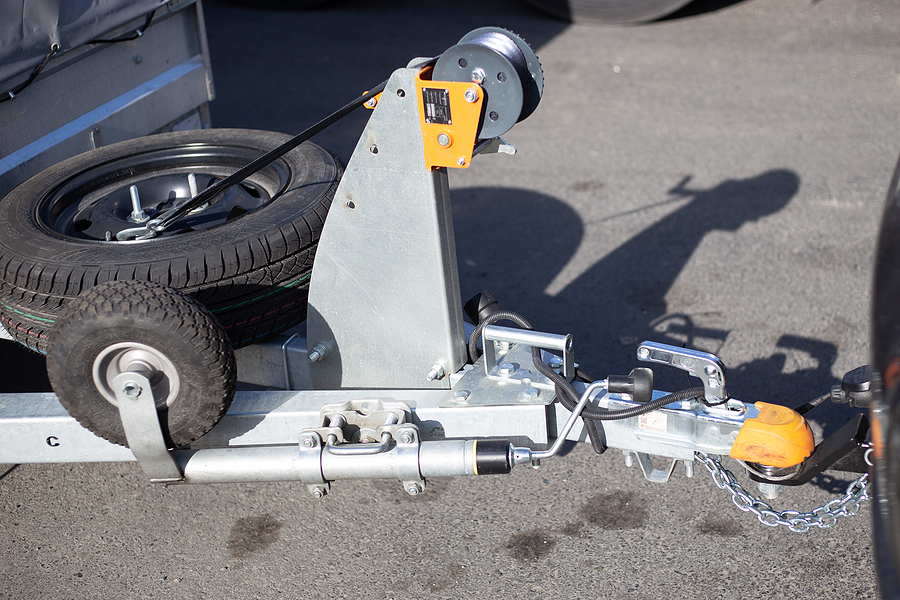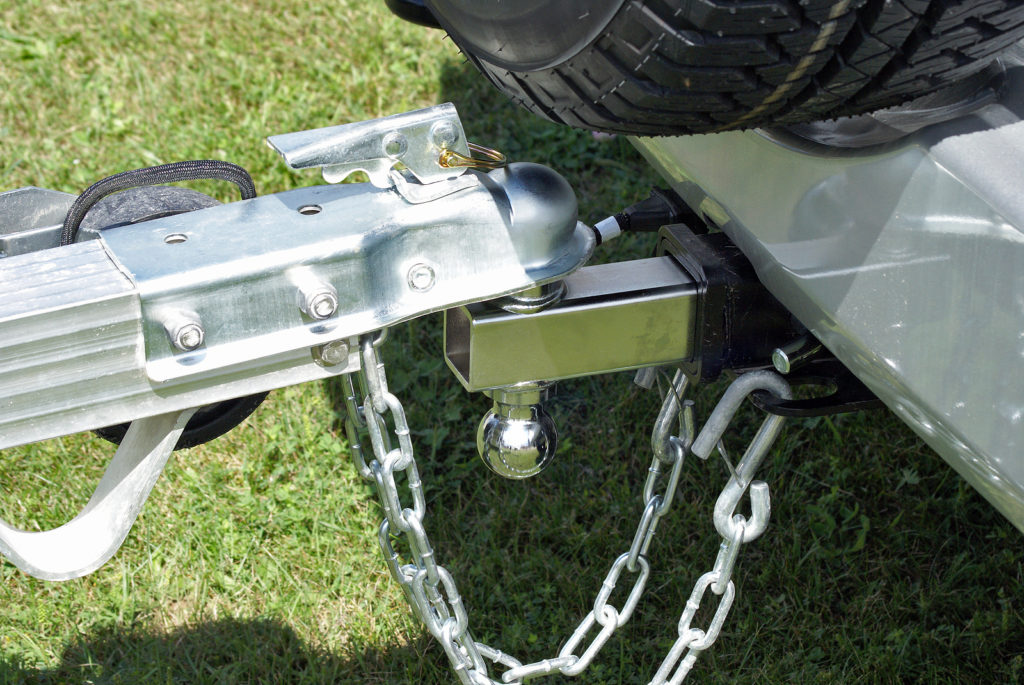Imagine this – your prized sports car stranded on the side of the road, awaiting a tow. The thought alone is daunting for any luxury car owner or auto enthusiast. Your high-performance machine deserves special care, especially when being towed. This blog post aims to equip you with the knowledge to protect your luxury vehicle during towing. We’ll explore the unique challenges of towing high-end sports cars and share top techniques to ensure damage-free transportation.

Understanding the Unique Challenges of Towing Luxury Vehicles
Luxury cars are not just vehicles; they are investments and often masterpieces of engineering. Unlike standard vehicles, high-end sports cars come with unique challenges when it comes to towing. From low ground clearance to delicate exteriors, every detail requires attention.
Firstly, let’s talk about low ground clearance. Sports cars often ride close to the ground, which increases the risk of scraping and undercarriage damage during towing. Proper techniques and equipment are crucial to avoid these potential pitfalls.
Secondly, sophisticated suspension systems in luxury vehicles can be sensitive to rough handling. Improper towing methods can damage these systems, leading to costly repairs.
Lastly, the value and rarity of high-end sports cars make them more susceptible to theft and vandalism during towing. Ensuring your vehicle’s security should be a top priority.
Top Techniques for Protecting Your High-End Sports Car During Towing
Proper Loading and Securing
Loading your sports car correctly onto a tow truck is the first step in ensuring its safety. Here’s how to do it right:
Use a Flatbed Tow Truck
Flatbed tow trucks are ideal for luxury car towing. They provide a stable platform, minimizing the risk of scraping or damaging the car. When loading, ensure the flatbed is lowered to the ground to accommodate the car’s low clearance.
Secure with Soft Straps
Avoid using traditional chains or hooks, which can scratch or dent the car. Instead, use soft straps to secure the vehicle. These straps are gentle on the car’s surface while providing a firm hold.
Check All Points of Contact
Ensure that all points where the car makes contact with the tow truck are padded and secure. Double-check the straps and make sure they are tight but not overly so, to avoid stress on the car’s body.
Choosing the Right Towing Equipment
The right equipment can make all the difference in protecting your sports car during towing. Here’s what you need to know:
Invest in High-Quality Tow Dollies
Tow dollies lift the front wheels of the car off the ground, making it easier to tow without damaging the suspension. Choose dollies with adjustable arms to fit various car widths.
Opt for Lowboy Towing
Lowboy trailers are specially designed for vehicles with low ground clearance. They have a lower deck height, reducing the angle during loading and unloading. This minimizes the risk of scraping the car’s undercarriage.
Use Wheel Nets and Ramps
Wheel nets provide additional security by wrapping around the tires, keeping the car steady during transit. Ramps with a gradual incline are essential for loading and unloading without causing damage.
Best Practices for Safe and Damage-Free Towing
Following best practices ensures your sports car remains in pristine condition during towing. Here are some key tips:
Inspect the Vehicle Before Towing
Before the tow, conduct a thorough inspection of your car. Note any existing damage and take photos. This documentation will be invaluable in case of any disputes or claims.
Communicate with the Tow Truck Driver
Clearly communicate any specific concerns or requirements with the tow truck driver. Ensure they have experience in towing high-end sports cars and understand the necessary precautions.
Monitor the Towing Process
If possible, accompany the tow truck to monitor the process. Ensure that the car is loaded, secured, and transported according to the best practices mentioned above.
Conclusion
Towing a high-end sports car requires meticulous attention to detail and the right techniques. By understanding the unique challenges and following the tips outlined in this post, you can ensure your luxury vehicle remains safe and damage-free during towing. Remember, your sports car is not just a mode of transportation; it’s an investment that deserves the utmost care.
For reliable and professional luxury car towing services, feel free to get in touch with our company. Contact Zore’s Towing at 317-247-8484 for a wide range of towing services in Indianapolis and surrounding counties. We offer everything from light-duty and long distance towing to heavy equipment transportation, wrecker service, roadside assistance, and more. Our team of experts is equipped with the knowledge and tools to handle your prized possession with the care it deserves.
Related Posts:
Navigating the Challenges of Sports Car Towing: An Insightful Guide
The Best Way to Transport or Tow a Custom Car
Top 10 Benefits of Choosing Flatbed Towing for Your Vehicle


